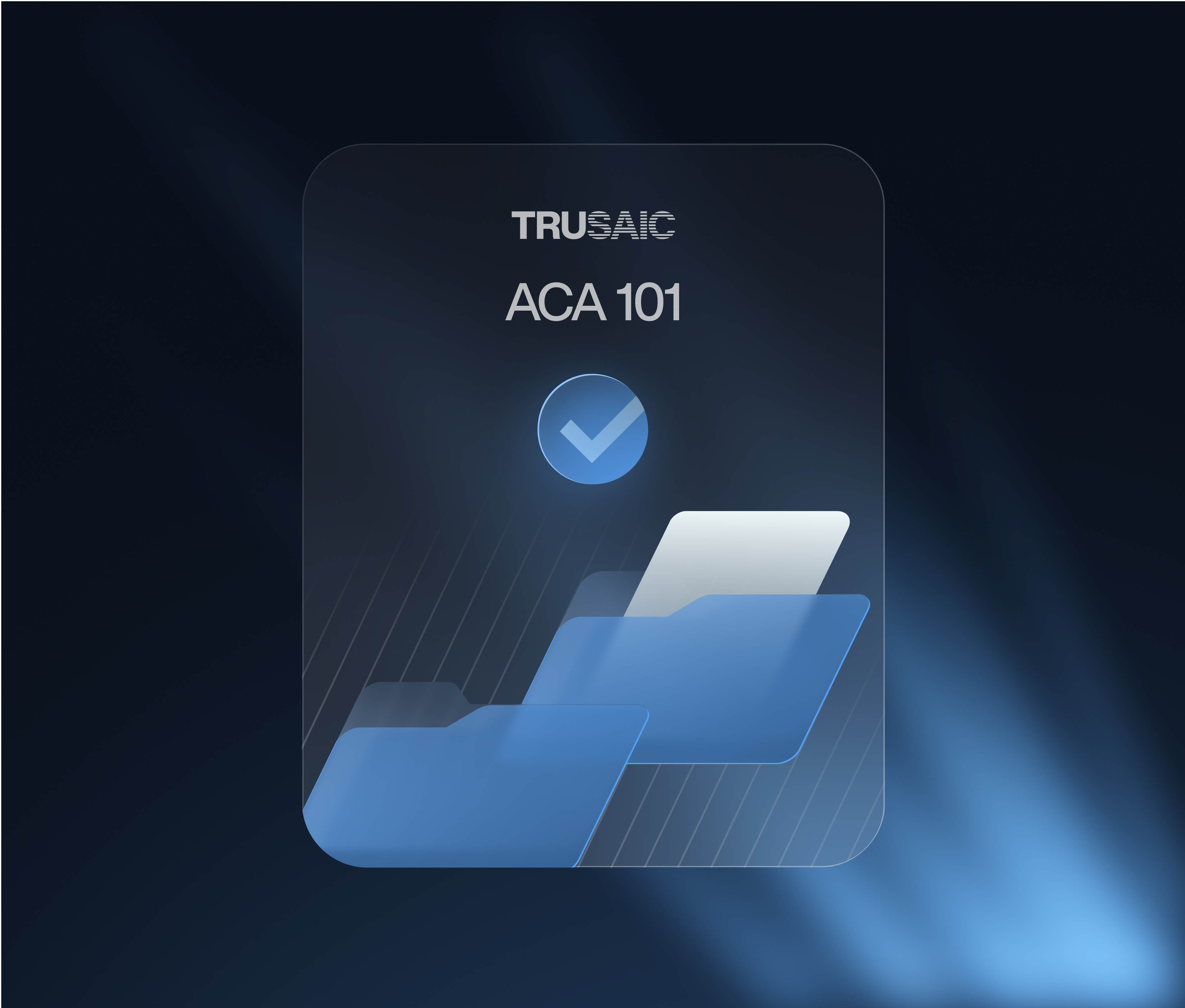First signed into law on March 23, 2021, Illinois SB 1480 and the amended SB 1487 create sweeping new pay equity requirements for employees of the prairie state.
SB 1480 amends several laws already in place, including the state’s Equal Pay Act, the Illinois Business Corporation Act, and the Illinois Human Rights Act. Importantly, Illinois SB 1480 requires employers to report EEO-1 and pay data to the Illinois Secretary of State.
There’s a lot to know about the stringent new pay equity law and portions of the law will go into effect next month. To help you prepare, we’ve covered the various requirements below.
EEO-1 data filing requirements
SB 1480 amends the Illinois Business Corporation Act to require public-facing reporting of employee demographic data to the Illinois Secretary of State. Applicable employers required to file an EEO-1 report must report information “substantially similar” to the employment data reported under Section D of the corporation’s EEO-1 form.
Beginning in 2023, the Secretary of State will publish the data on the gender, race, and ethnicity of each corporation’s employees on the Secretary of State’s official website within ninety days of receipt of a properly filed annual report.
Amendments to the Illinois Equal Pay Act
Illinois SB 1480 amends the Illinois Equal Pay Act of 2003 and requires private employers in the state with more than 100 employees to obtain an Equal Pay Registration Certificate from the state Department of Labor or certify in writing that it is exempt. Employers must obtain the certificate within the period of March 24, 2022, and March 23, 2024. Employers must also recertify every two years. New businesses meeting the employee threshold must obtain an Equal Pay Registration Certificate within three years of commencing operations and recertify every two years.
To apply for an Equal Pay Registration Certificate employers must pay a $150 filing fee and provide the following to the Illinois Department of Labor:
Equal Pay Compliance Statement: An Equal Pay Compliance Statement, signed by a corporate officer, legal counsel, or authorized agent of the business that certifies the organization is in compliance with state and federal equal pay laws, including but not limited to, Title VII of the Civil Rights Act of 1964, the Equal Pay Act of 1963, the Illinois Human Rights Act, the Equal Wage Act, and the Equal Pay Act of 2003.
Employer Information Report EEO-1: If required to file an EEO-1 report with the EEOC, a copy of the business’s most recently filed EEO-1 report for each county in which the business has a facility or employees.
List of employees: Separated by gender and race/ethnicity categories as reported in the business’s most recently filed EEO-1 report and the total wages as defined by Section 2 of the Illinois Wage Payment and Collection Act paid to each employee during the past calendar year. The Illinois Department of Labor may also audit a business’s compliance by requesting the following information in the major job categories in the EEO-1 report:
- Number of male employees
- Number of female employees
- Average annualized salaries paid to male and female employees
- Information on performance payments, benefits, or other elements of compensation
- The average length of service for male and female employees in each major job category
- Other information identified by the business or by the Illinois Department of Labor as needed to determine compliance with the above-specified requirements
Illinois Human Rights Act (“IHRA”) Amendments
SB 1480 also amends the IHRA, making it unlawful for any employer to use conviction records as the basis to refuse to hire, segregate, or act with respect to hiring, promotion, renewal of employment, selection for training or apprenticeship, discharge, discipline, tenure or terms, privileges, or conditions of employment unless:
- There is a substantial relationship between one or more of the previous criminal offenses and the employment sought or held, or
- The granting or continuation of employment would involve an unreasonable risk to property or to the safety or welfare of specific individuals or the public.
If after considering the mitigating factors an employer decides to disqualify an individual, they must provide written notice of the preliminary employment decision that identifies the conviction or convictions, a copy of the conviction history report, and information regarding their right to respond to the notice and to provide mitigating information before the decision becomes final. Disqualified individuals must receive five business days to respond to the notice.
Non-compliance penalties
Employers that violate the requirement to obtain Equal Pay Registration Certifications could receive fines of “up to $10,000.” In addition, there are several other, tiered equal pay violations organizations can be subject to and are as follows:
- Employers under four employees could receive fines of up to $500 for a first offense, $2,500 for a second offense, and up to $5,000 for a third offense and beyond, per affected employee
- Employers with 4-99 employees could receive fines of up to $500 for a first offense, $3,000 for a second offense, and up to $5,000 for a third offense and beyond, per affected employee
- Importantly, employers with 100 or more employees may see penalties of up to a maximum of $10,000 per affected employee
- Other relief provided by the new amendments includes back pay, injunctive relief, and attorney fees and court costs
Employers should begin preparing now
Organizations that do not feel they have the in-house capability to conduct a pay equity audit should consider partnering with an expert in pay equity analytics. Trusaic’s PayParity solution analyzes workforce compensation and identifies potential pay disparities at the intersections of gender, race/ethnicity, and age. This comprehensive view will help you proactively address pay discrimination before filing any information with the Illinois Department of Labor.








